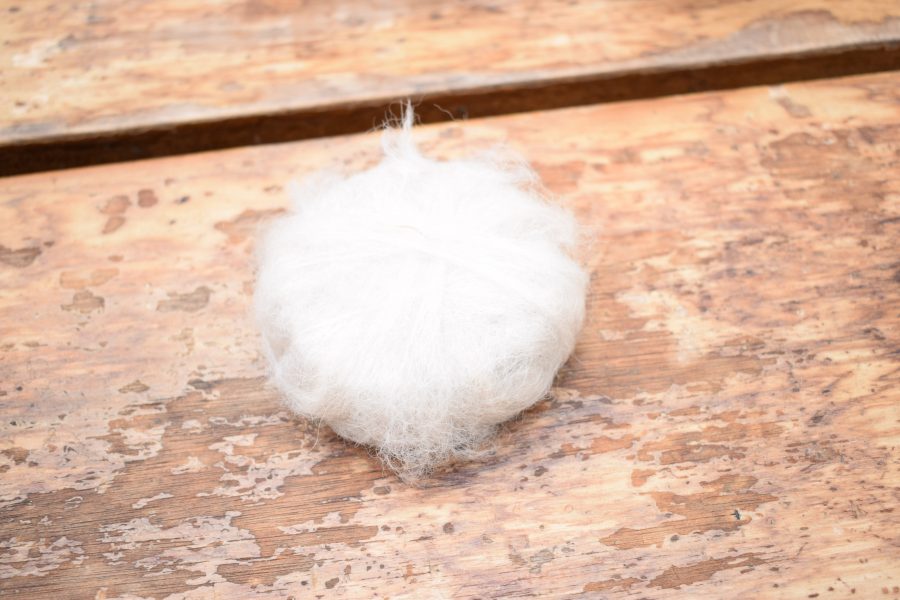With the access to information it is difficult to differentiate the real thing from “marketing”.
Have you ever: searched for information on intimate area care and hygiene? You will know that you get a lot of results, and not all of them reliable.
Before we get to the subject, let’s make some remarks:
In no case this is a blog of medical-scientific content, if you have any complication visit your specialist.
Although we formulate and sell natural soap, we do not recommend its use for the intimate area. However, that does not mean that using soap is bad for other parts of the body.
Another aspect to clarify is that when we refer to the intimate area we mean: the vulva and vagina.
“….” The vagina is an internal muscular tract that runs from the cervix to the vaginal opening. On the other hand, the vulva is the external part of the female genital tract, including the inner and outer labia, labia minora and majora, the glans clitoris, the clitoral hood, the vestibule, which surrounds the vaginal opening and the urethral opening…”Blog Dr. Akí
And now, let’s review some of the intimate hygiene routines we should always observe.
1. WATER. When cleansing the intimate area it is not necessary to use any type of soap. It should be done with running, lukewarm water. The use of any other product could irritate the natural pH of the area and make it more prone to vaginal infections. Hence the importance of not using any scented or colored products.
2. NORMAL ODOR. We don’t know where they got the idea that our intimate area doesn’t smell good. This sounds like hardcore marketing. The odor of a vagina is normal given its pH and composition. The products sold on the market may inhibit odor, however they alter your pH and could cause vaginal infections.
Keep in mind that the natural odor may vary temporarily either by menstrual and hormonal cycle or some type of food. It is not superfluous to review your diet: reducing sugars, refined foods, will help your overall health and will be a good prevention for the dreaded vaginal yeast.
However, if the odor is too unpleasant, consult a doctor.
3. WASHING It is absolutely necessary to cleanse more frequently during menstruation. But only with water. A recommendation: those days you can do it with some infusion of mild aromatic herbs.
4. NO TO THE DAILY PROTECTORS. The fashion of using “the famous panty liners” to maintain hygiene appeared around the 80s. But it turns out to be a bad practice for health. They are associated with a greater number of vaginal infections, since they prevent proper ventilation. This in turn would make it easier for microorganisms to proliferate and cause infections.
Manufacturers advocate that the problem is misuse and that they need to be changed every four hours. The answer is simple: do not use them. Maintaining proper cleanliness is enough, plus you avoid disposing of plastic related to menstrual health.
5. UNDERWEAR. It used to be very affordable to get cotton underwear. Now it is a little difficult, however, if there are options to acquire it in the country. Currently the market is flooded with garments, albeit cheap, made of synthetic material. This is another factor to take into account in relation to hygiene and vaginal infections.
“Thongs, g-strings, underwear made of synthetic materials such as nylon and polyester, leggings, pantyhose and tight pants worn continuously can cause changes in the vaginal flora by preventing proper ventilation. We recommend 100% cotton underwear” According to Katherine Calderón in her space @Ampicilicilina500.
These are simple and basic habits, which in our experience as women have worked. What is yours? We want to hear from you!
